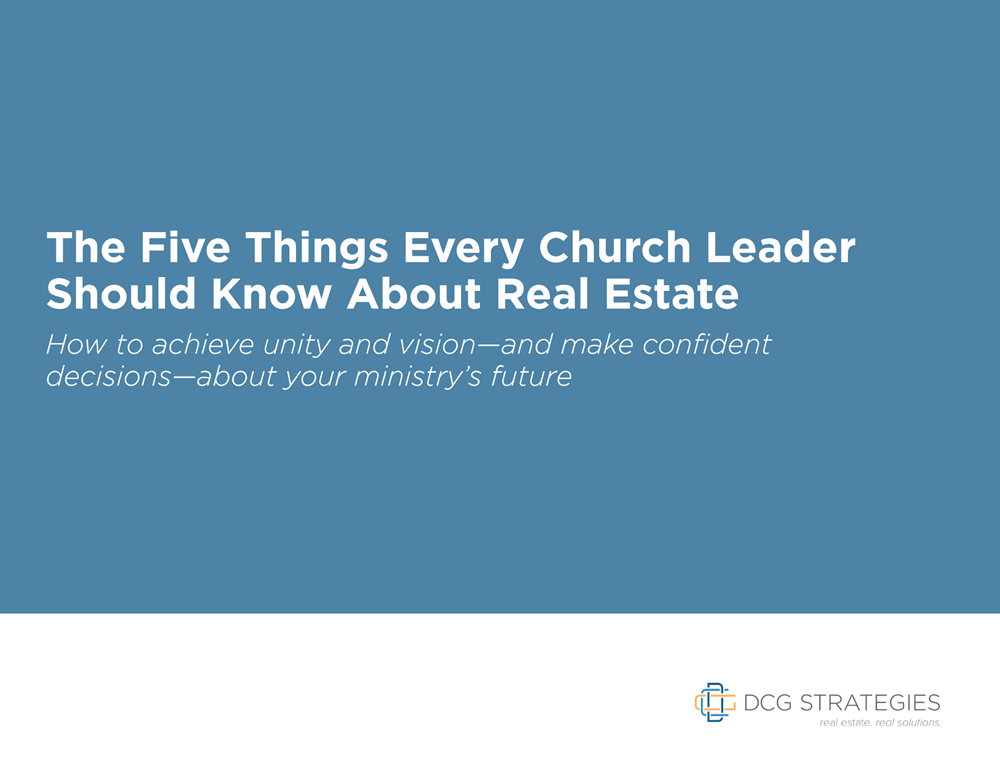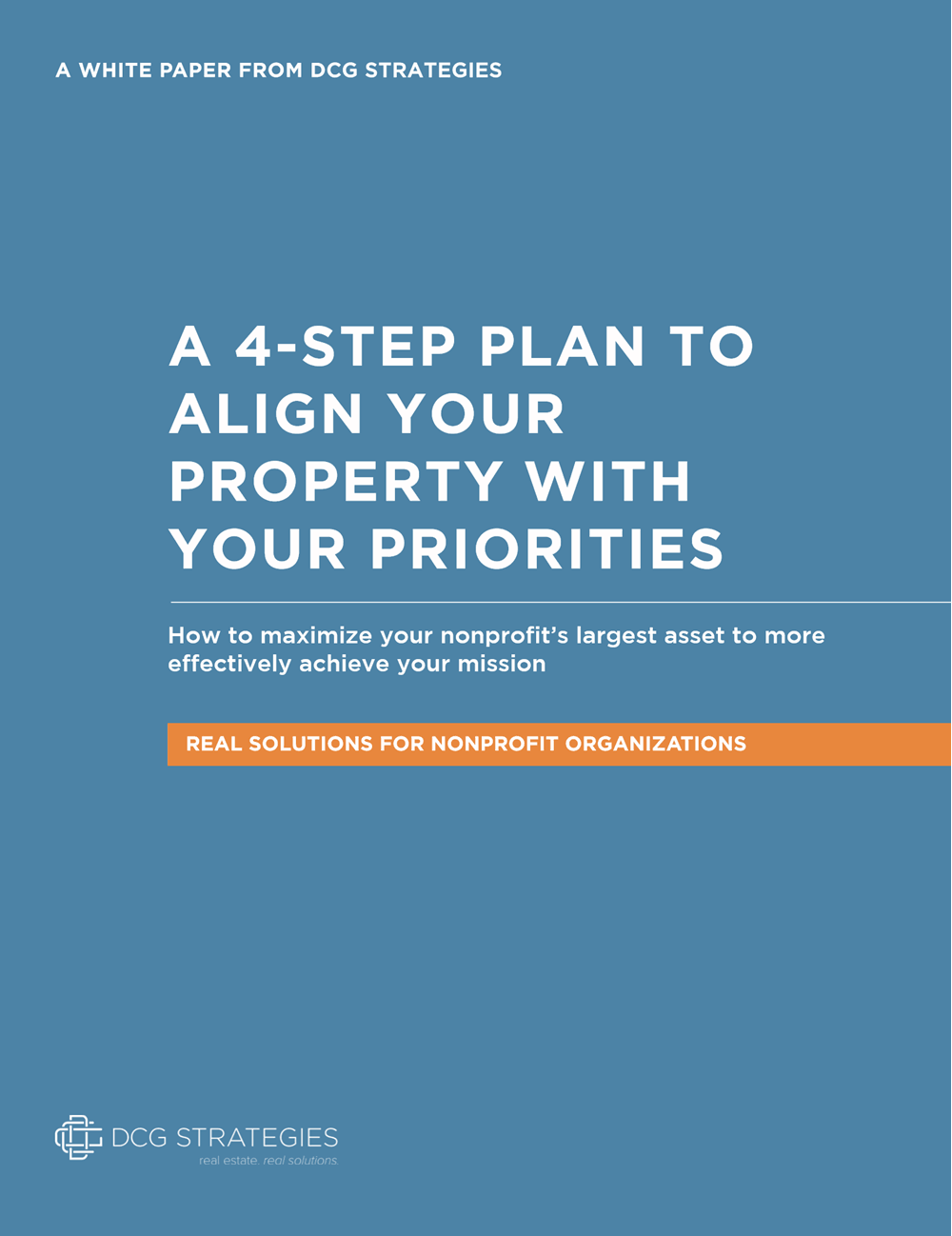If you are a congregation leader interested in developing your property to share and grow your ministry programs with the community, start with the first part of this series.
Before you can become a property developer, you not only need excess land for development but also a sincere commitment to the project. From cultivating community acceptance to managing a long and risky entitlement processes, developing church property is economically and physically complicated.
Although the predevelopment phase typically costs between 5 to 15 percent of the total project budget, about 80 to 90 percent of the project value is created in the predevelopment phase. The early stage of a project focuses on due diligence, research and permitting so that by the start of construction, risks are reduced to factors that have already been addressed and are controlled through good management.
Some of the common steps in this phase include:
- Market analysis and feasibility studies
- Environmental assessments
- Surveys
- Site plans, development plans and building plans
- Permitting
- Some infrastructure improvements
- Arranging construction financing
The Differences in Developers
If a commercial real estate developer has approached you and your congregation with a proposal for how they can develop your land — even if it sounds good — you need to filter what you hear from the marketplace and think about what is best for your ministry. A traditional developer contributes equity, owns the finished product and is motivated by economic benefit.
A community-minded developer will be more likely to host a series of facilitated meetings to help you develop a long-term, strategic vision for your property that’s in line with your mission and values. Then when you go to your congregation, you’ll have evaluated your land, determined some options for what should be built there and have the language to articulate to your congregation the vision of where you want to go.
The Entitlement Process
One of the riskiest aspects of the predevelopment work is the legal process of obtaining approvals for your project from a discretionary body. Known as land entitlements, land use regulations provide a system of sorting and qualifying not only the proposed use of land (e.g., retail, industrial, residential, etc.) but also the physical characteristics of the improvements (e.g. height, density, setbacks, etc.).
Some things that might delay land use approval include the rezoning process, appeals from neighbors or other interested parties, disputes between the developer and the jurisdiction, and an involved design process that requires multiple site plan iterations.
A community-minded developer mitigates the risk by understanding zoning regulations and the steps to receive necessary approvals, ensuring that you have the surrounding community’s support for your decision, and obtaining entitlements prior to partnering with builders. When a jurisdiction approves a project on a technical level, the building permit application process moves relatively quickly.
If you are a congregation leader interested in the series of steps required to move from concept to completion, check back for “From Congregation Leader to Property Developer Part III,” which will provide an overview of the next phase of the development process: construction.






